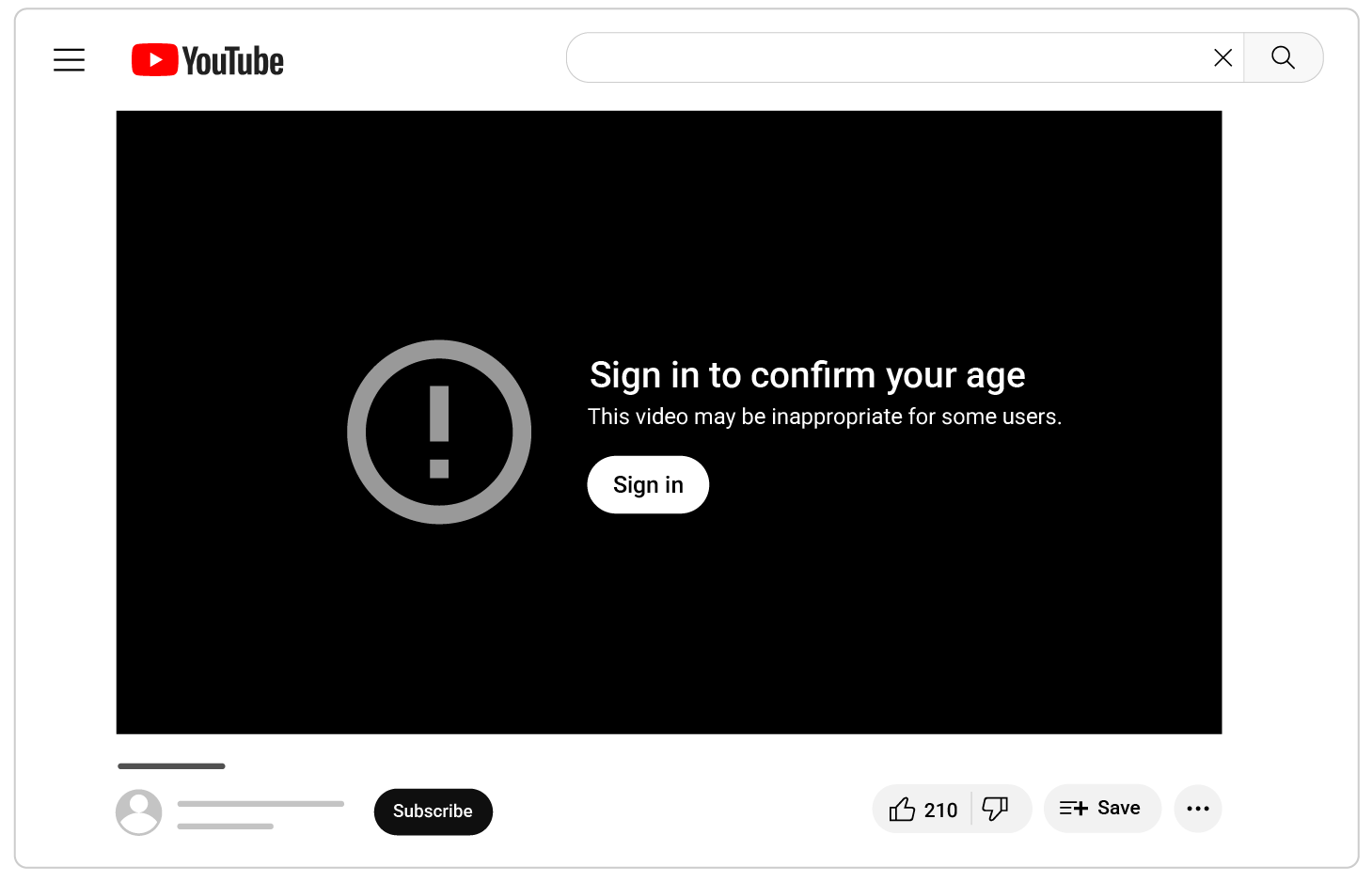In an increasingly digital world, efforts to protect children from harmful online content are gaining traction. However, the United Kingdom’s implementation of the Online Safety Act, a sweeping law mandating age verification for access to adult content, has ignited significant controversy. Critics argue that not only is the law ineffective, but it also poses serious threats to privacy, encourages surveillance overreach, and may ultimately punish everyday users more than it protects minors.
Under the law, websites that host adult material are required to verify the ages of their users through facial scans, ID uploads, or third-party verification systems. In theory, this would prevent minors from accessing explicit content. In practice, it’s proving to be a different story.
Digital Loopholes and the Rise of AI Workarounds
In what seems like a bizarre but telling development, users have reportedly found ways to bypass age verification measures using the photo mode in the video game Death Stranding. By generating realistic facial animations that match verification prompts, such as turning the head or opening the mouth, players have successfully fooled systems meant to detect real human input. Even more concerning, artificial intelligence tools now allow users to create entirely synthetic images and videos that can mimic human behavior well enough to bypass scanning software.
The rise of AI-generated fake IDs has also entered the equation. While many platforms claim to have safeguards against counterfeit documentation, modern AI can replicate realistic documents with shocking accuracy. This technological advancement places platforms in a precarious position: enforce stricter verification and risk massive privacy violations, or loosen controls and leave minors vulnerable.
The Privacy Dilemma
One of the loudest objections to the Online Safety Act isn’t its intent, but its methods. To comply with age verification laws, websites often require users to upload personal identification or allow facial recognition scans. Unlike in-person ID checks, such as buying an R-rated movie ticket, digital platforms frequently store these details on servers, potentially indefinitely. This opens the door to data breaches, misuse by third parties, and identity theft.
Critics argue that the infrastructure needed to enforce these rules risks becoming a surveillance apparatus that goes well beyond protecting children. “You wouldn’t tolerate a movie theater photocopying your driver’s license and keeping it forever,” one commentator noted. “So why is it acceptable online?”
Collateral Damage: Adults in the Crosshairs
Although designed to protect children, the law disproportionately impacts adults. Verification systems don’t distinguish between a 17-year-old trying to access explicit material and a 37-year-old watching a documentary with mature themes. In trying to catch the few who misuse the internet, the law casts a wide net over millions who do not.
Additionally, VPN use has surged in the UK since the law’s rollout, as users attempt to avoid intrusive data collection. Experts warn this could fragment the internet further, with users seeking refuge on platforms outside the jurisdiction of their home countries, where moderation and protections may be even weaker.
Global Implications
The UK’s Online Safety Act may be domestic legislation, but its influence is reaching beyond national borders. International platforms like Reddit, Discord, and YouTube have begun implementing age verification policies more broadly, spurred by the need to comply with laws in various regions. This global adoption raises questions about the future of internet freedom and whether similar regulations will become the norm in countries like the United States or Australia.
In Australia, for example, new rules are being explored to limit under-16s from using social media at all. Such proposals, while controversial, suggest that sweeping changes to how young people engage with the internet are coming.
What Comes Next?
While most agree on the importance of shielding children from harmful content, the current approach seems to be causing more harm than good. Critics suggest that better parental controls, limited account privileges for minors, and improved education about online safety could achieve similar goals without risking the privacy of millions.
As lawmakers continue to grapple with how to regulate the internet, one fact remains clear: any solution must balance safety, privacy, and freedom. Without that balance, efforts like the Online Safety Act may do more to erode public trust than to protect the next generation.





